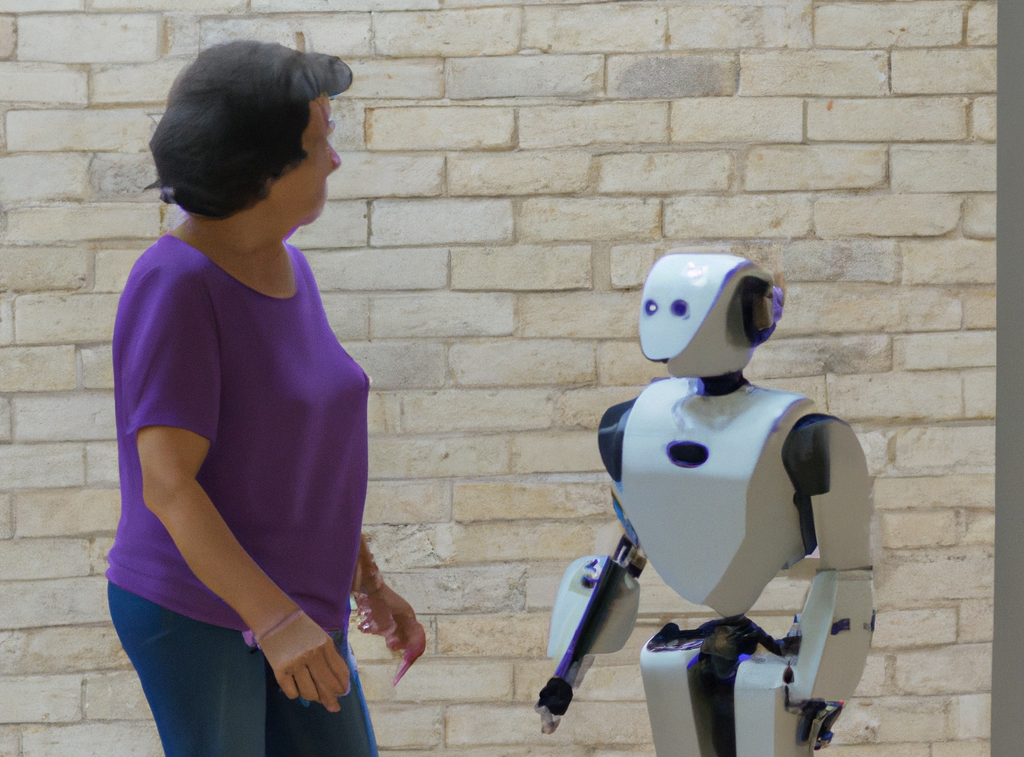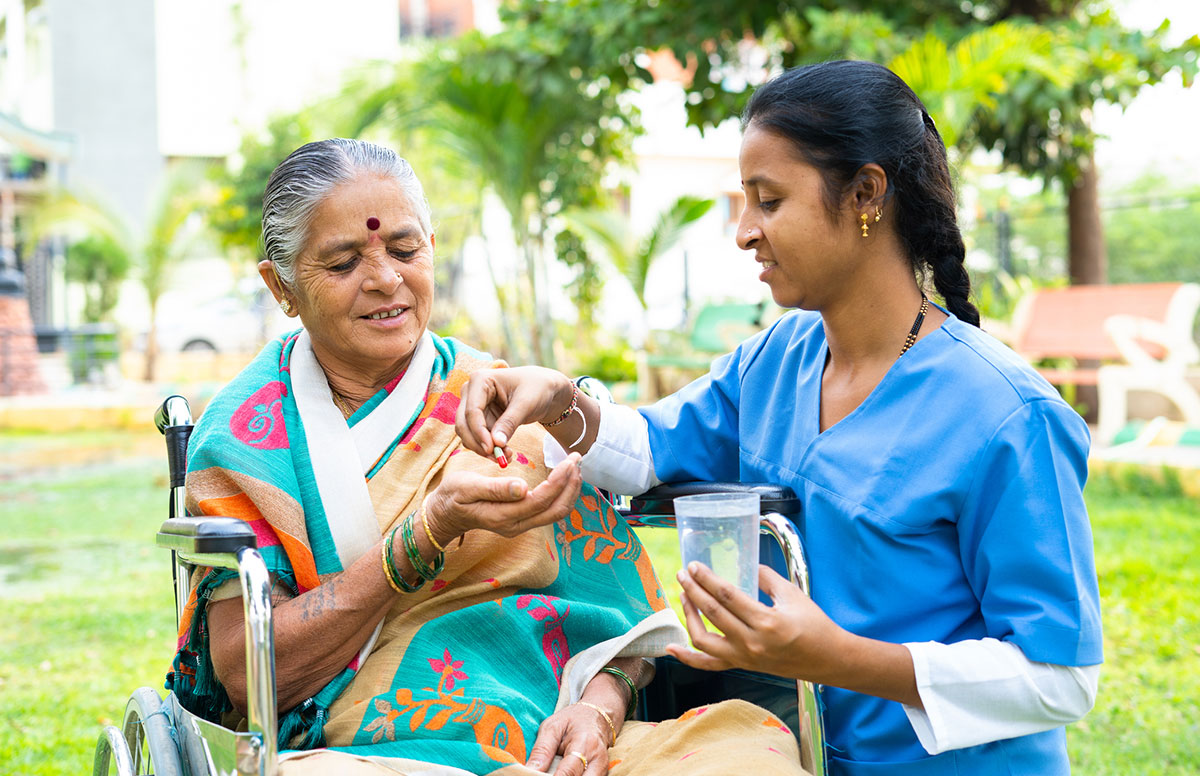The next evolution of robotic in aging services will address more of older adults’ needs, including lifting older adults from bed and reducing loneliness.
The latest LeadingAge Ziegler (LZ 200) report found that 57% of the nation’s largest not-for-profit senior living organizations are already using physical robots, primarily in dining rooms. Robotic advances may soon be able to assist these organizations in new ways.
New Robot Could Help Move Residents
One robot under development will be able to lift up to 110 pounds, says a recent article in McKnight’s Senior Living. This human-sized robot GR-1, featured in a video from its creator Fourier Intelligence, can move older adults from bed and into wheelchairs. It can also sit, stand, jump, and handle tools, says ZME Science. These capabilities can assist with workforce shortages.
“As we move forward, the entire GR-1 could be a caregiver, could be a therapy assistant, can be a companion at home for the elderly who stay alone,” Fourier’s CEO and Co-founder Zen Koh told euronews late last year. The robots are expected to be released to research labs by late 2023 and later made available for uses such as senior living, said McKnight’s.
AI-Powered Robots Can Lower Loneliness
Companion robots using artificial intelligence may increase social connectedness, yet ethics considerations should guide their use, according to a new report published in Science Robotics.
Growing research around social robots such as the ElliQ suggest that they can reduce loneliness and improve physical health, said a related article from the Duke Institute for Brain Sciences, also reported in McKnight’s Senior Living.
Yet as robots evolve and incorporate advanced AI features, people may develop stronger connections with them, leading to ethical concerns, said the Duke article. “Generative AI like ChatGPT, which is based on large language models, allows robots to engage in more spontaneous conversations, and even mimic the voices of old friends and loved ones who have passed away.”
As such, ethical guidelines are needed in robot development, and studies are needed to measure patient-related outcomes. The Duke article quoted study co-author Elizabeth Broadbent, Ph.D., professor of Psychological Medicine at Waipapa Taumata Rau, University of Auckland: “AI presents exciting opportunities to give companion robots greater skills to build social connection. But we need to be careful to build in rules to ensure they are moral and trustworthy.”

 Shutdown Week Three: Impact of Ongoing Closure on Affordable Housing
Shutdown Week Three: Impact of Ongoing Closure on Affordable Housing Colleagues on the Move, February 4, 2026
Colleagues on the Move, February 4, 2026


